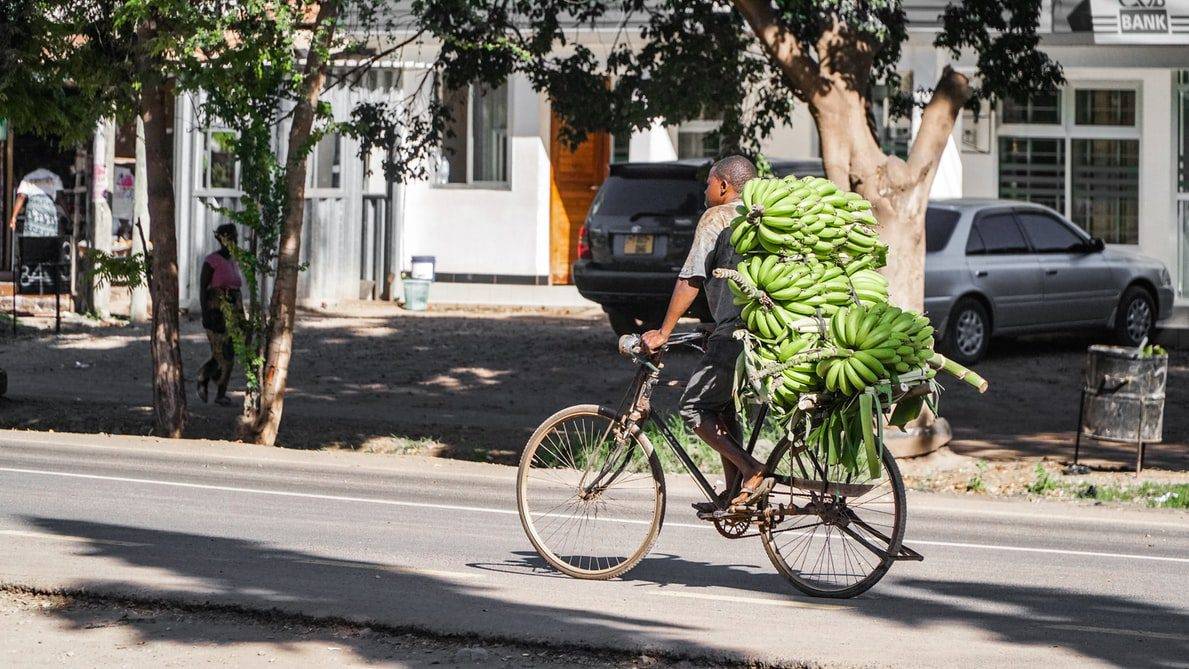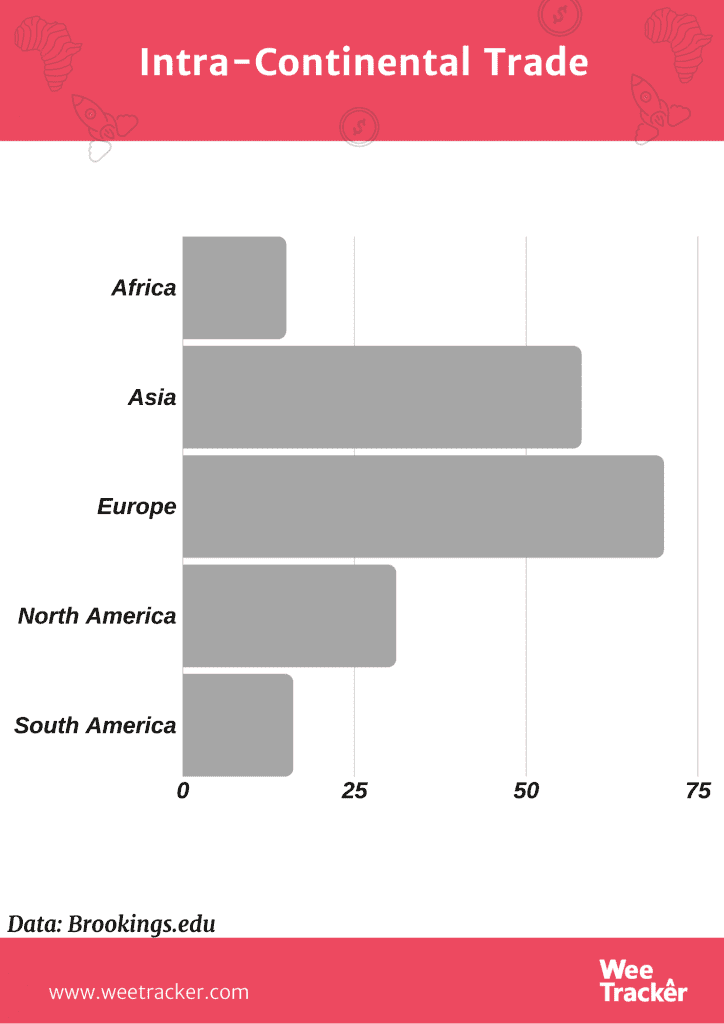Africa’s Free Trade Has Been Postponed But It Will Help Countries Rebuild After The Pandemic

The historic African Continental Free Trade Agreement (AfCFTA) is to create the world’s largest commerce zone by area. When fully operational in 2030, it will become a huge market of 1.2 billion people and a combined GDP of USD 2.5 Tn.
But, A Pandemic Setback
Blames on the current coronavirus crisis, the July 1, 2020 date initially set to launch the trade will not work after all. In fact, the pandemic could delay its start by up to 6 months, depending on when the situation is fully managed by African countries.
Despite previously remaining bullish in the face of the outbreak, the trade’s officials have backtracked on their plans. They, however, note that the delay does not translate into a lack of political will and commitment.
“We have to adjust to conditions that unfortunately nobody could have anticipated and we have to give the space to governments to solve the public health crisis as a matter of priority,” said Wamkele Mene, the secretary general of the AfCFTA.
On the legal side of things, the agreement is since in force. But African countries need to agree on new tariff rules among several other details that need to be ironed out in the first phase of implementation.
Even though negotiations regarding rules of origin and traffic reductions were at an advanced stage when coronavirus made its way into Africa, it now appears impossible to carry on now that the crisis is maturing.
According to Mene, the African Union was to have a summit in Johannesburg this month (May) to make some fanilizations, but that won’t be possible because various countries are battling to contain the virus. Again, the full border closures by about 30 nations is likely to restrict flows over the coming months.
A Homegrown Stimulus Package
One of the things the Covid-19 catastrophe has taught the world—especially Africa—is that it needs to reconfigure its supply chains. Very well, the pandemic has amplified the need for regional values chains across the continent. The region also needs to enhance its manufacturing capacity to be able to deal with similar crises.

Agreed, the AfCFTA is a lifeline in the economic battle against coronavirus being that supply chains are more or less strained and even dried up, posing a huge difficulty for the already weak healthcare systems in Africa. But even though the trade is to be delayed by about 2 month, it can help Africa rebuild after the quandary.
Andoh Mensah, Manager, Trade and Investment Climate at the African Development Bank (AfDB), told WeeTracker last month: “An effective AfCFTA regime could promote greater alignment between public health and trade policies to arrest the escalation of the pandemic and save lives, through (i) calculated policy and information coordination and (ii) well-executed trade regimes, investments and trade facilitation”.
With the AfCFTA, Africa will be able to reconfigure its trade needs and establish regional value chains that will work in the improvement of the entire continent’s industrial development capacity. According to Mene, this is possible without necessarily disconnecting the continent from the world.
“The reliance on global supply chains presents one with challenges. When you have a global supply chain disruption, you actually become very, very exposed,” he said.
Another thing coronavirus has demonstrated in Africa is the need to address intellectual property rights. Such, with the help of the trade agreement, would allow the region to respond to pandemics by setting up a generic drug industry to service industrial development and public health priorities.
There is no new implementation date for the African Continental Free Trade Agreement yet. But since Africa does not have the firepower of countries like the U.S, China and India to reduce the economic effects of Covid-19, the trade can be a medium through which the region will get back on track.
When African countries trade with themselves, they exchange more manufactured and processed goods, have more knowledge transfer, and create more value.
Photo by Kameron Kincade via Unsplash